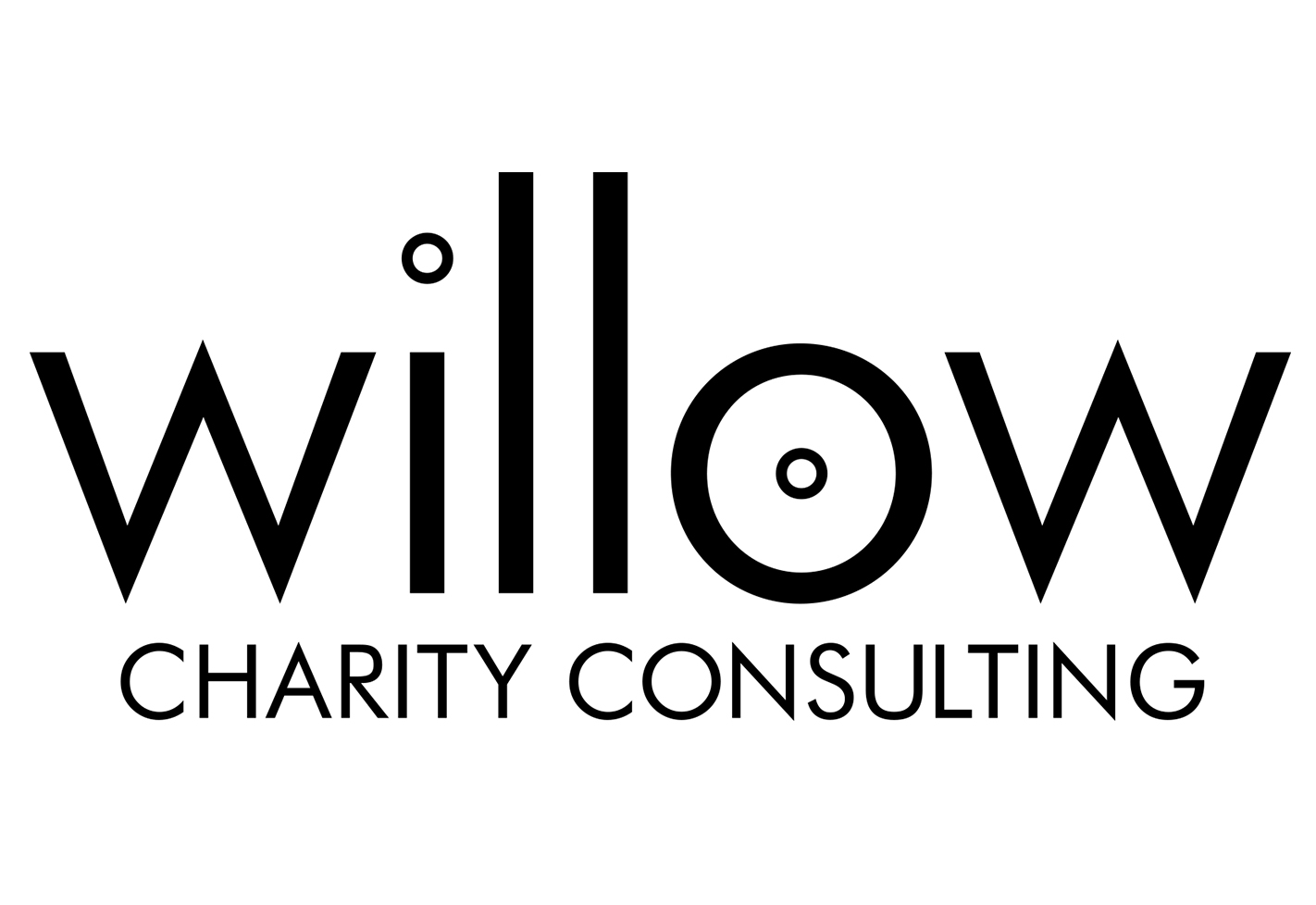Many charities approach strategic planning with trepidation, not to mention a hefty dose of confusion.
The whole idea of Board ‘ownership’ of strategic plans means that some Boards don’t involve staff in the process at all. In others, CEOs who know exactly what they want to happen next produce a draft which is rubber stamped by the Board.
But, most really good strategic plans are developed after a lot of preparation, consultation and review. And this means involving as many relevant people as possible.
Strategic plans – when done right – are wonderful.
They are the pathway that gets you from your current reality to your ambitious dreams.
They are a unifying document that helps everyone see how their responsibilities link to the overall direction of the charity.
They represent an agreement between staff, volunteers, the Board and other stakeholders about what the charity’s priorities are, which can serve as a guiding light when things get complicated.
They are also a highly effective tool for the Board to oversee the CEO effectively and efficiently without needing Lord of the Rings-length Board reports to be written each quarter.
I support many charities with strategic planning in many different ways. Sometimes I’ll help them plan out what they are going to do, and then help them keep track of it while otherwise leaving them to it. Other times, I’m right in, doing stakeholder consultation, running focus groups, facilitating the Away Day and then helping to write up a draft to take forward internally. Usually, it’s somewhere between those two extremes.
There are many different ways to get a great strategic plan, but today I’m going to write about a project I’ve recently completed with a charity that is very close to my heart – NAPAC – the National Association for People Abused in Childhood. This charity very much got it right and it’s been a privilege to be a part of it.
NAPAC is an absolutely brilliant national charity that works with adult survivors of any form of childhood abuse. They offer a direct support line, email support service, training for professionals who encounter adult survivors, as well as advocacy and research.
I came into an organisation that didn’t need my advice about how to do strategic planning, as they’ve done it well before. Coming out of a highly successful 5-year strategic plan, NAPAC wanted to repeat what they’d done well last time – and this was very much centred around getting a wide range of voices from staff, stakeholders and the Board.
The CEO – Gabrielle Shaw – emphasised to me how important co-production was in setting the new strategy, highlighting that the last strategic plan had been so successful because it had brought so many people in effectively and collaboratively. This was music to my ears as I often find myself advocating for staff and stakeholder involvement in strategic plan development – and NAPAC clearly wanted to do this in a very meaningful way.
Gabrielle and the Board asked me to design and deliver a four workshop programme, with each full-day workshop focussed on a different core topic.
Attendees would include staff of all levels with both relevant and related experience, key Trustees and trusted external partners. The days would be non-hierarchical and groups were mixed to better build relationships and get different voices heard.
With this promising brief, I got cracking on the design of the workshops.
I wanted the workshops to be connected but also standalone – so attendees coming to more than one wouldn’t be bored or feel that work was duplicated, but also so that attendees coming to just one workshop would be able to participate every bit as meaningfully as those who’d ‘done it before’.
Development Workshop one, held at NAPAC’s London office, centred on vision, mission and values, with an overview of the other three topics yet to come. This workshop aimed to review and revise the core foundations of the charity’s strategic plan and to start the process of thinking about what had been achieved and what could be done next.
Development Workshop two was held up in NAPAC’s Stockport office and focussed on direct support services. In this workshop we dived deeply into services, coming up with exciting new ambitions based on a broad range of experiences from attendees. The enthusiasm and creativity of the frontline staff was particularly evident, and their participation brought service-user voices and experiences into the heart of conversations. Service user participation – where possible – should always be a priority, but the nature of NAPAC’s delivery meant that we relied on extensive data collected about service users, as well as the feedback and experience of the staff team, rather than direct attendance. For other charities, direct attendance of service users would be a wonderful addition to a day like this.
Development Workshop three was back down in London and focussed on training, and we looked at how the impressive training and organisational development offer NAPAC has could be effectively harnessed to significantly broaden the charity’s impact while also bringing in additional revenue to fund other services. The attendance of key partners who had been previous training clients added a valuable dimension to conversations, ensuring that the charity considered the external viewpoint as well as its own.
And finally, Development Workshop four looked at income generation, advocacy and communications, thinking about how NAPAC could get its world-leading message to a broader audience. The breadth of this conversation reflected the wide range of attendees, including two partners from other organisations who were generous with their own internal learnings and contributions.
To develop and deliver four workshops over a five-week period with four attendees who came to all of them was an interesting challenge. As a facilitator, I have my favourite go-to activities which I know work exactly as I want them to. In this instance, I could use them only once… and needed to find alternatives to keep everyone feeling fresh and energised as we uncovered new ideas and pathways.
I relied heavily on dynamic workshop tools from Liberating Structures, my own tried-and-tested approaches, a bit of creative thinking into new ideas as well as applying my MBTI training to generate a mix of activities between individual tasks, partnership tasks, group tasks and plenary work, ensuring that people of all personality preferences had tasks they would energising at some point in the day. Managing energy levels is also a constant challenge for any facilitator, so I thought carefully about the balance between moving and sitting, talking and thinking, and even blue sky and more pragmatic ideas generation.
One factor that is often not thought about is the lunch. Personally, carbs at lunch make me want to go to sleep, so many of my clients may have noticed the protein bar I often pack so that I remain standing and enthusiastic during the second half of the day. At many events, the heavy lunch of sandwiches followed by cakes or donuts mean many attendees get very sleepy in the afternoon, which can be tough to overcome. On this point, NAPAC excelled again – lunches included salads with protein (chicken or felafel), wraps, fruit, water and just a few small sweet bites. This was a fantastic arrangement and it meant my attendees kept their energy up all day.
As the workshops progressed, I worked with the CEO and Chair to draft the first version of the Strategic Plan along with the updated vision, mission and values, which the charity is now taking forward internally first with staff, and now with the Board.
It’s a great piece of work – it reflects careful consideration of many different angles and sets out ambitious – yet achievable – priorities for the coming five years.
For me, it’s been a genuine delight to work with the NAPAC team and especially their Chair, Philippa Gale – who in my view sets an incredibly high standard that all Chairs should strive to achieve – and their inspirational CEO, Gabrielle Shaw, who is clearly an exceptional sector leader.
And now I’m going to sit back, relax, and watch NAPAC achieve its next ambitions over the coming five years – because I have every confidence that they will!
If you’d like to get in touch to talk about how I can help you develop an effective strategic plan, connect with me on LinkedIn or pop me an email at felicia@willowcharityconsulting.co.uk for a no-obligation chat.

